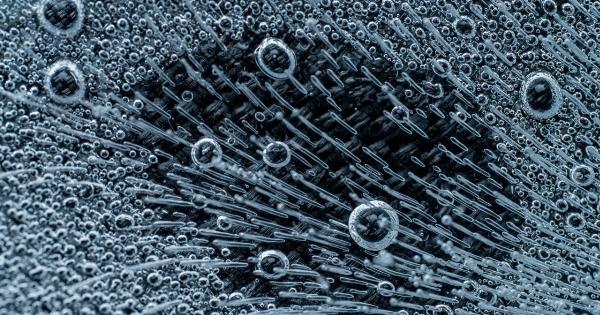Mini-strokes, also known as transient ischemic attacks (TIAs), are a warning sign of a stroke. They occur when blood flow to a part of the brain is temporarily disrupted, causing temporary symptoms.
Unlike a full stroke, the symptoms of a mini-stroke only last for a short period of time, typically lasting between a few minutes to a few hours.
What Causes a Mini-Stroke?
The most common cause of a mini-stroke is a blood clot that travels up to the brain from another part of the body, like the heart.
However, other factors like high blood pressure, high cholesterol, and smoking can also increase the risk of having a mini-stroke.
Diagnosing a Mini-Stroke
A mini-stroke can be difficult to diagnose because the symptoms are similar to a stroke. However, early diagnosis is key to preventing a full stroke. If you suspect you or someone you know has had a mini-stroke, seek medical attention immediately.
During a medical exam, your doctor will look for signs of a mini-stroke. They may order imaging tests like a CT or MRI scan to see if there is any damage to the brain. They may also perform an EKG to check for any heart problems.
Symptoms of a Mini-Stroke
The symptoms of a mini-stroke can include:.
- Weakness or numbness on one side of the body
- Difficulty speaking or understanding speech
- Blurred or double vision
- Dizziness or loss of balance
- Sudden severe headache
Treatment for a Mini-Stroke
After a mini-stroke, your doctor will work with you to manage your risk factors to prevent a full stroke.
This may include taking medications like aspirin or statins, making lifestyle changes like quitting smoking or exercising more, and monitoring your blood pressure and cholesterol levels.
Preventing Mini-Strokes
The best way to prevent a mini-stroke is to manage your risk factors for stroke. This includes:.
- Quit smoking
- Control your blood pressure and cholesterol levels
- Eat a healthy diet
- Exercise regularly
- Avoid excessive alcohol consumption
When to See a Doctor
If you suspect you or someone you know has had a mini-stroke, seek medical attention immediately. If left untreated, a mini-stroke can lead to a full stroke which can cause permanent damage or even death.
Understanding Mini-Strokes
A mini-stroke is a warning sign of a stroke. It is a temporary disruption of blood flow to the brain that can cause temporary symptoms. If you suspect you or someone you know has had a mini-stroke, seek medical attention immediately.
Early diagnosis and treatment is key to preventing a full stroke.































